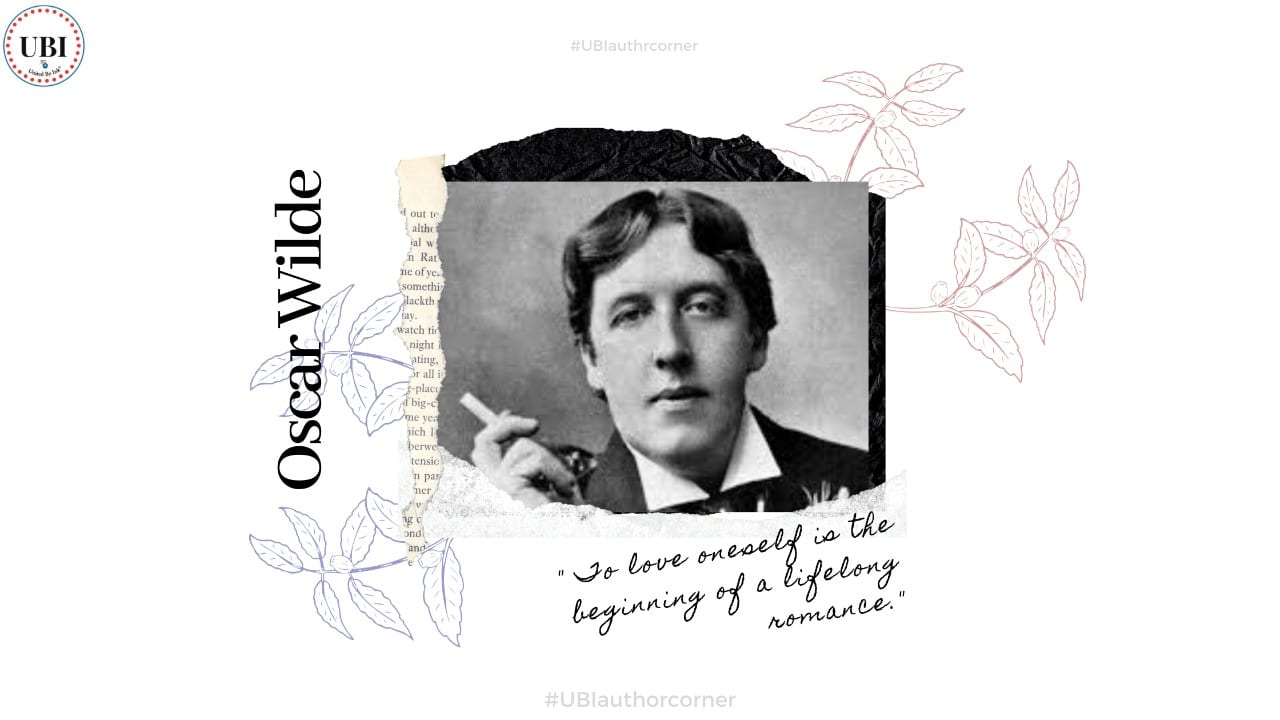
Full name – Oscar Fingal O’Flahertie Wills Wilde
Death – 1900, age 46
Nationality – Irish
“We are all in the gutter, but some of us are looking at the stars.”
– Oscar wilde
Author Oscar Wilde was known for his acclaimed works including ‘The Picture of Dorian Gray’ and ‘The Importance of Being Earnest,’ as well as his brilliant wit, flamboyant style and infamous imprisonment for homosexuality. He was a playwright, poet and a popular literary figure in late Victorian England. In his lifetime he wrote nine plays, one novel, and numerous poems, short stories, and essays.
Early life –
Wilde was born of professional and literary parents. His father, Sir William Wilde, was Ireland’s leading ear and eye surgeon, who also published books on archaeology and folklore. His mother, who wrote under the name Speranza, was a revolutionary poet and an authority on Celtic myth and folklore. After attending Portora Royal School, Wilde went, on successive scholarships, to Trinity College, Dublin (1871–74), and Magdalen College, Oxford (1874–78), which awarded him a degree with honours. During these four years, he distinguished himself not only as a Classical scholar, a poseur, and a wit but also as a poet by winning the coveted Newdigate Prize in 1878 with a long poem, Ravenna. In the early 1880s, when aestheticism was the rage and despair of literary London, Wilde established himself in social and artistic circles by his wit and flamboyance. Soon the periodical punch made him the satiric object of its antagonism to the Aesthetes for what was considered their un-masculine devotion to art.
Wilde agreed to lecture in the United States and Canada in 1882, announcing on his arrival at customs in New York City that he had “nothing to declare but his genius.” Despite widespread hostility in the press to his languid poses and aesthetic costume of velvet jacket, knee breeches, and black silk stockings, Wilde for 12 months exhorted the Americans to love beauty and art; then he returned to Great Britain to lecture on his impressions of America.
In 1884 Wilde married Constance Lloyd, daughter of a prominent Irish barrister; two children, Cyril and Vyvyan, were born, in 1885 and 1886. Meanwhile, Wilde was a reviewer for the Pall Mall Gazette and then became editor of Woman’s World (1887–89). During this period of apprenticeship as a writer, he published The Happy Prince and Other Tales (1888), which reveals his gift for romantic allegory in the form of the fairy tale.
Writing career and later life –
In the final decade of his life, Wilde wrote and published nearly all of his major work. In his only novel, The Picture of Dorian Gray (published in Lippincott’s Magazine, 1890, and in book form, revised and expanded by six chapters, 1891), Wilde combined the supernatural elements of the gothic novel with the unspeakable sins of French decadent fiction. In the same year, two volumes of stories and fairy tales also appeared, testifying to his extraordinary creative inventiveness: Lord Arthur Savile’s Crime, and Other Stories and A House of Pomegranates.
But Wilde’s greatest successes were his society comedies. Within the conventions of the French “well-made play” (with its social intrigues and artificial devices to resolve conflict), he employed his paradoxical, epigrammatic wit to create a form of comedy new to the 19th-century English theatre. His first success, Lady Windermerer’s Fan, demonstrated that this wit could revitalize the rusty machinery of French drama. In the same year, rehearsals of his macabre play Salomé, written in French and designed, as he said, to make his audience shudder by its depiction of unnatural passion, were halted by the censor because it contained biblical characters. It was published in 1893, and an English translation appeared in 1894 with Aubrey Beardsley’s celebrated illustrations. In many of his works, exposure of a secret sin or indiscretion and consequent disgrace is a central design.
In April 1895, Oscar sued Bosie’s father for libel as the Marquis of Queensberry had accused him of homosexuality. Oscar’s case was unsuccessful and he was himself arrested and tried for gross indecency. He was sentenced to two years of hard labour for the crime of sodomy. During his time in prison he wrote ‘De Profundis’, a dramatic monologue and autobiography, which was addressed to Bosie. Upon his release in 1897, he wrote ‘The Ballad of Reading Gaol’, revealing his concern for inhumane prison conditions. He spent the rest of his life wandering Europe, staying with friends and living in cheap hotels. He died of cerebral meningitis on November 30, 1900, penniless, in a cheap Paris hotel.
How useful was this post?
Click on a star to rate it!
Average rating 1 / 5. Vote count: 2
No votes so far! Be the first to rate this post.

UBI stands for United By Ink®️. UBI is a Global Platform- the real-time social media interactive forum created for Readers, Writers and Facilitators alike.This platform aims to help creative souls realize their writing goals.
Click on our representatives below to chat on WhatsApp or send us an email to ubi.unitedbyink@gmail.com
